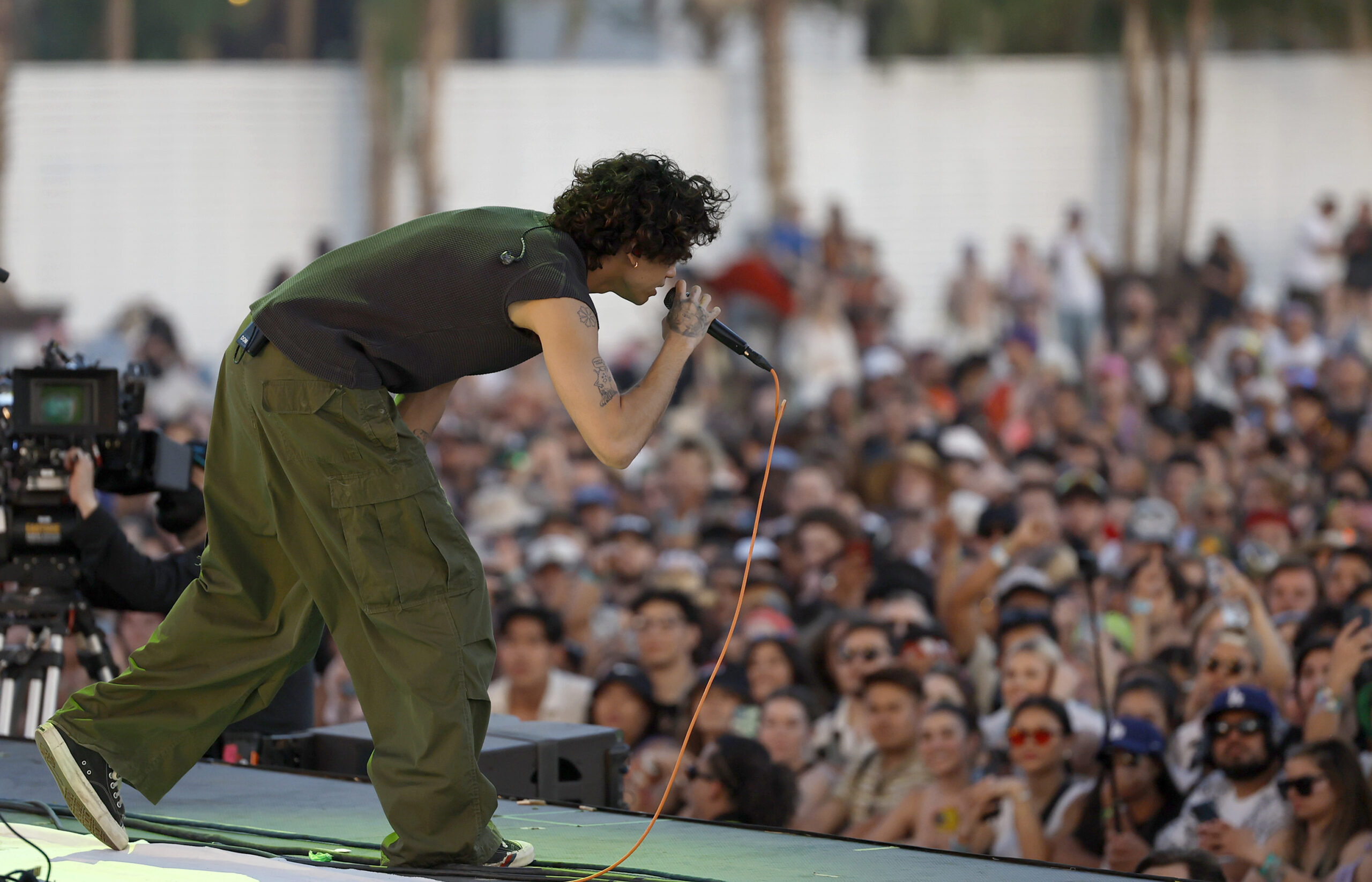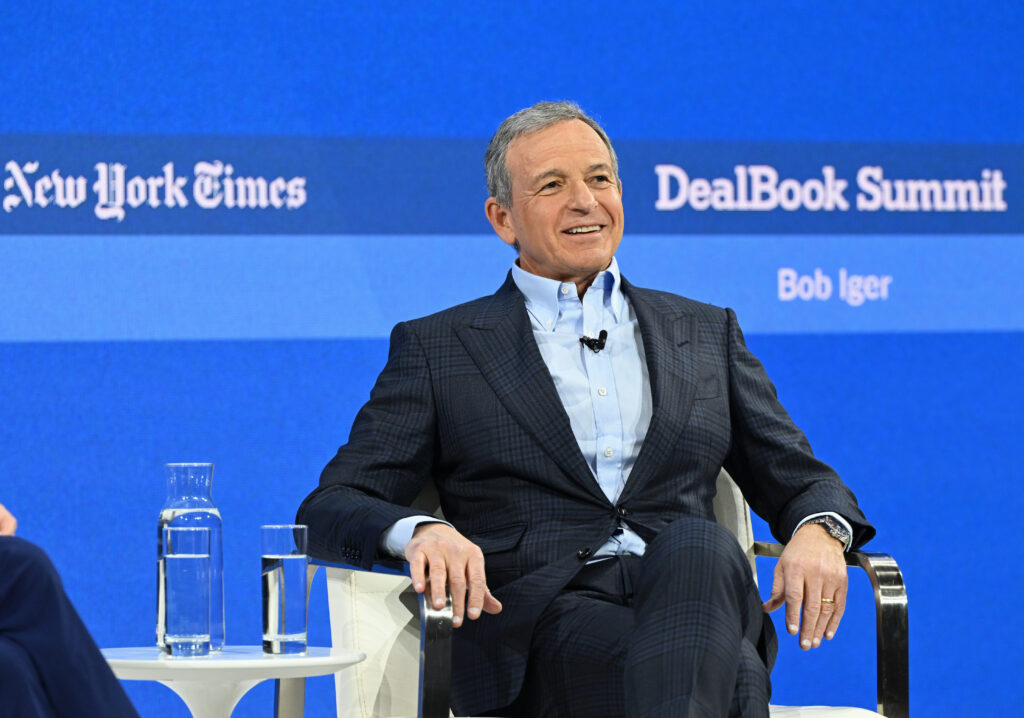Music Festivals Face Cancellations Despite Live Music’s Soaring Popularity
Despite previously expanding, several music festivals are now scaling back. Bloomberg research indicates that at least ten festivals in the U.S. have been canceled this year. Factors include more cost-aware consumers and increasing expenses related to staff, stage setups, and artist fees.
Even Coachella Valley Music and Arts Festival, with its April event, has tickets remaining for the second weekend, months after they were first offered in January. Meanwhile, Delaware’s Firefly Music Festival, known for a decade of showcasing acts like Green Day and Dua Lipa, announced on social media its decision to pause for another year, promising a return “when the timing is right.”
The challenges faced by music festivals are reflective of broader economic strains impacting various consumer sectors like theme parks and casinos, driven by tighter budgets following increased post-pandemic travel. Attending a multi-day music festival can cost over $1,000, considering all expenses. Patrick Suter, a concert-goer from Connecticut, likens the cost of attending a concert to that of taking a flight. To alleviate financial pressures, festival promoters are introducing flexible ticket options and pricing strategies. For instance, Bonnaroo in Tennessee offers two-day passes, termed “half a roo,” and Beach Life Festival in California has reduced ticket prices, incorporating all-in pricing. Similarly, Cruel World festival in Pasadena eliminated ticketing fees in a promotion. However, competition among festivals is leading to market division, affecting their success. Notable festival cancellations include Guy Fieri’s Flavortown Music Festival in Ohio and the Okeechobee Music & Arts Festival in Florida, alongside the Beale Street Music Festival in Memphis, which cited economic difficulties and safety concerns after a significant drop in attendance.
Post-Covid-19, artists increased their fees to recover lost earnings, while vendors aimed to regain their lost income and settle debts from the pandemic shutdown. Joe Berchtold, CFO of Live Nation Entertainment, noted at a recent investor conference that costs significantly rose from late 2021 through 2023. Despite the halt in rising costs, they remain elevated. Live Nation, a major concert industry player, reported that its North American festival ticket sales are outperforming last year’s numbers, with the Sea.Hear.Now Festival selling out quickly, boosted by Bruce Springsteen as a headliner. Live Nation acknowledges occasional event fluctuations but emphasizes the overall strength of the live music industry. Cities value festivals for their tourism revenue, exemplified by Austin’s Blues on the Green festival, which was saved by city council support and a new sponsor.
And, as of today, March 27th, tickets are still available to see Doja Cat at Coachella…
Source: Bloomberg
Share:
Despite previously expanding, several music festivals are now scaling back. Bloomberg research indicates that at least ten festivals in the U.S. have been canceled this year. Factors include more cost-aware consumers and increasing expenses related to staff, stage setups, and artist fees.
Even Coachella Valley Music and Arts Festival, with its April event, has tickets remaining for the second weekend, months after they were first offered in January. Meanwhile, Delaware’s Firefly Music Festival, known for a decade of showcasing acts like Green Day and Dua Lipa, announced on social media its decision to pause for another year, promising a return “when the timing is right.”
The challenges faced by music festivals are reflective of broader economic strains impacting various consumer sectors like theme parks and casinos, driven by tighter budgets following increased post-pandemic travel. Attending a multi-day music festival can cost over $1,000, considering all expenses. Patrick Suter, a concert-goer from Connecticut, likens the cost of attending a concert to that of taking a flight. To alleviate financial pressures, festival promoters are introducing flexible ticket options and pricing strategies. For instance, Bonnaroo in Tennessee offers two-day passes, termed “half a roo,” and Beach Life Festival in California has reduced ticket prices, incorporating all-in pricing. Similarly, Cruel World festival in Pasadena eliminated ticketing fees in a promotion. However, competition among festivals is leading to market division, affecting their success. Notable festival cancellations include Guy Fieri’s Flavortown Music Festival in Ohio and the Okeechobee Music & Arts Festival in Florida, alongside the Beale Street Music Festival in Memphis, which cited economic difficulties and safety concerns after a significant drop in attendance.
Post-Covid-19, artists increased their fees to recover lost earnings, while vendors aimed to regain their lost income and settle debts from the pandemic shutdown. Joe Berchtold, CFO of Live Nation Entertainment, noted at a recent investor conference that costs significantly rose from late 2021 through 2023. Despite the halt in rising costs, they remain elevated. Live Nation, a major concert industry player, reported that its North American festival ticket sales are outperforming last year’s numbers, with the Sea.Hear.Now Festival selling out quickly, boosted by Bruce Springsteen as a headliner. Live Nation acknowledges occasional event fluctuations but emphasizes the overall strength of the live music industry. Cities value festivals for their tourism revenue, exemplified by Austin’s Blues on the Green festival, which was saved by city council support and a new sponsor.
And, as of today, March 27th, tickets are still available to see Doja Cat at Coachella…
Source: Bloomberg











